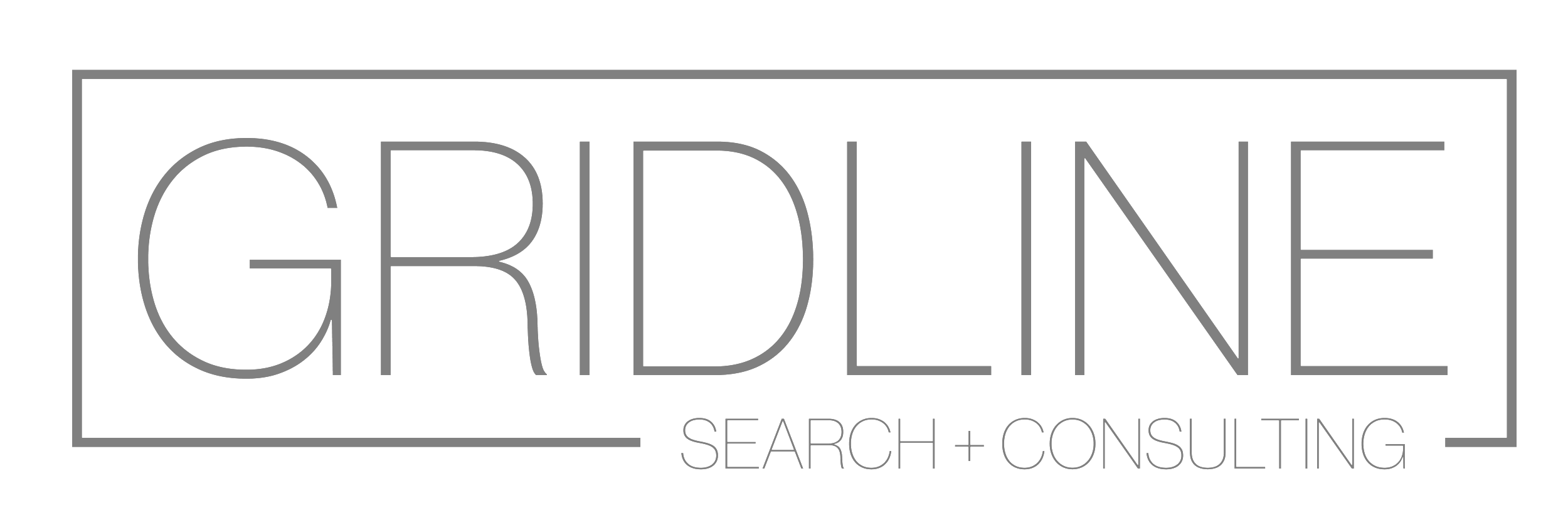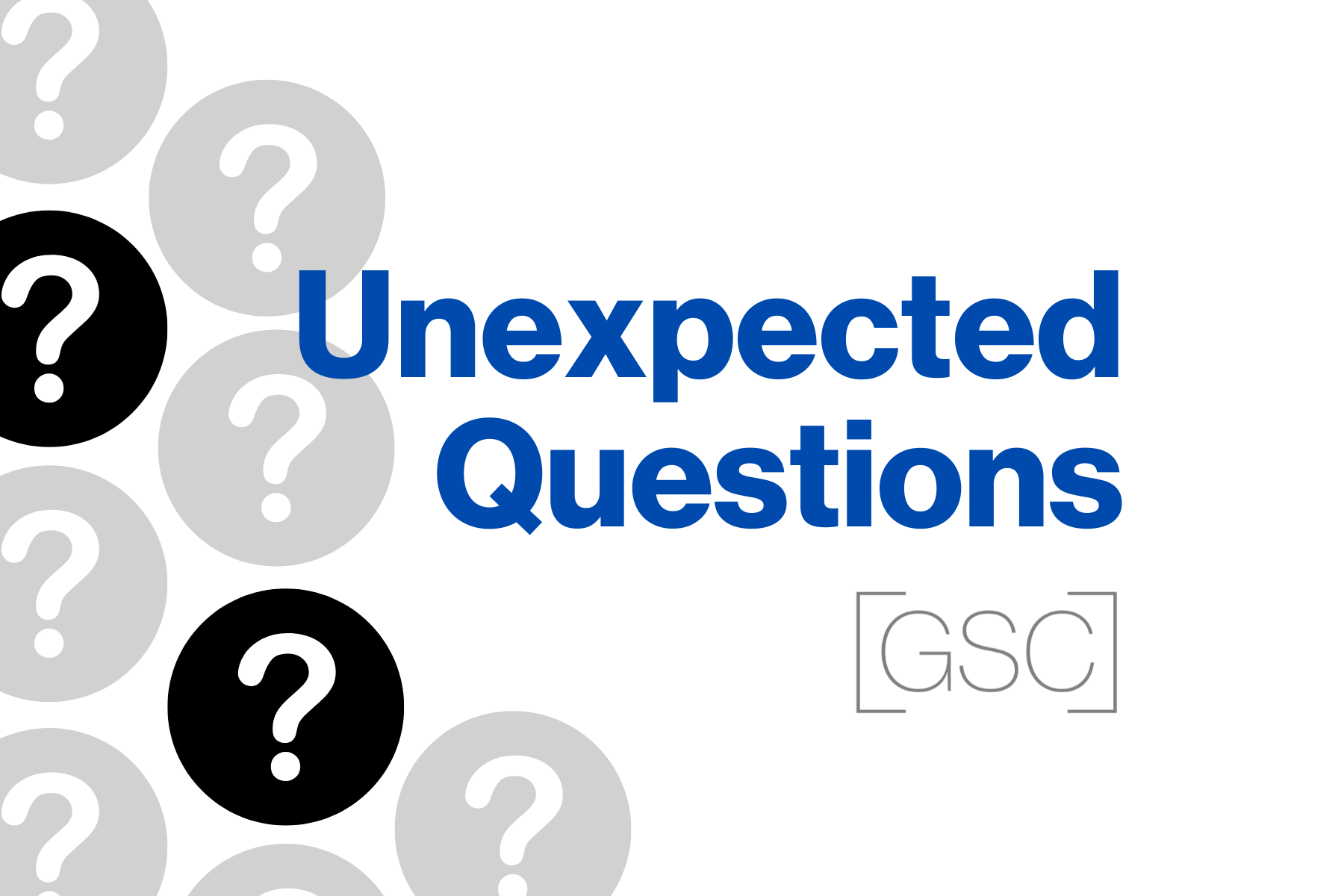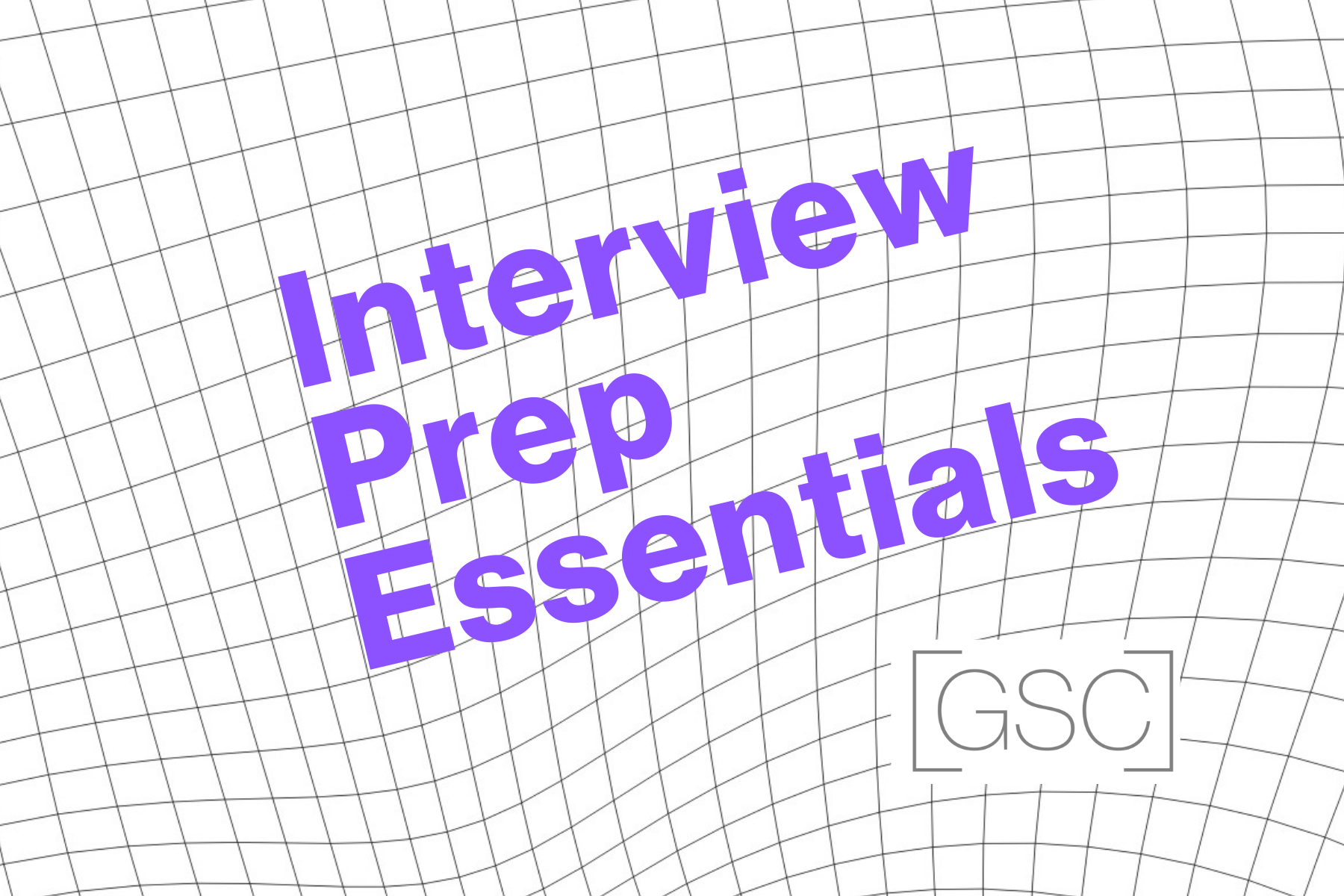The nature of a BigLaw lateral associate interview is conversational in style and tone. Typically, the interviewer, whether a partner, associate or internal recruiter, will ask you straightforward questions to learn about your experience, your interest in the firm/position and your career goals. Your answers will provoke new questions and the resulting interview should feel more like a talk than an inquisition.
However, some questions that you receive in a lateral associate interview may surprise you. Maybe you have never received them before or did not think they would come up. In the moment, you might be concerned about how to answer properly and completely.
In my experience as a BigLaw career advisor and recruiter, there are some common-enough unexpected questions. Here are some strategies for answering them successfully:
How did you pick your practice / specialty? When you lateral as an associate, you may have been in your practice so long that it might not be easy for you to recall the answer this question. But it's important to be prepared to answer it - employers frequently want to know what connects you to the work and what keeps you motivated in the practice. Ahead of any interview, think back to when you made your practice area choice. Maybe you knew before you went to law school, motivated by a prior work experience or undergraduate class. Or maybe you discovered it later as a summer associate, drawn to the culture and dynamics of a particular working group. Maybe it was something different altogether. In any event, be prepare to answer what motivates you to do the work that you do.
Tell me something about yourself that isn't on your resume. This is really just a "getting to know you" type of question, but when asked, it can feel like it is completely out of left-field. There is no perfect way to answer this question, but you can go in a couple directions. Consider an answer that explains a little about your professional personality - something honest about your soft skills with examples that prove it. Others talk about something outside of work that they are passionate about. Either way, once you have answered, don't be afraid to ask whether this satisfies the interviewer's question or whether they were looking for something else.
Tell me about your most challenging legal project / case / deal. In any lateral associate interview, you can expect that the bulk of questions will be about your legal experience. With this specific question, employers are trying to get at how you personally handle difficult work assignments as a lawyer. Be prepared with a real and specific example of your most challenging project as a lawyer so far. Write up some bullet points summarizing the project. Include specifically what made the project so challenging. Then write up more bullets on how you and your team addressed these challenges, as well as what you learned from the project and how it better prepares you to address similar challenges in the future.
I've heard from my colleagues so much about you already, so I don't have many questions for you; instead, what can I answer for you about the firm? Especially if you have already had a lot of individual interviews with a potential firm employer, this type of question can come up from time to time. You may be caught of guard because you have 30 minutes with this person and it will be up to you to use the time. This is why it is so important to go into interviews prepared with questions for the interviewer that will provoke conversation - How did you decide on this firm? How did you get into this practice? What do you think makes for a successful associate in your group? I saw you work primarily with clients in [X] industry; how did you develop this industry specialty? It's always good to ask questions of your interviewer that will get them talking about their work. These are questions that are easy for them to answer and you will be actively showing them your interest and engagement in the practice in real time.
-------------------------------------------------------------------------------
These are just a few of the "unexpected" questions you may get in a lateral associate interview. Your recruiter should work with you to prepare for the unexpected. Additionally, always de-brief with your recruiter after your interviews, especially if you get unexpected questions. There may be steps you can take through your recruiter or with their advice to address them with the potential employer after the interview.









